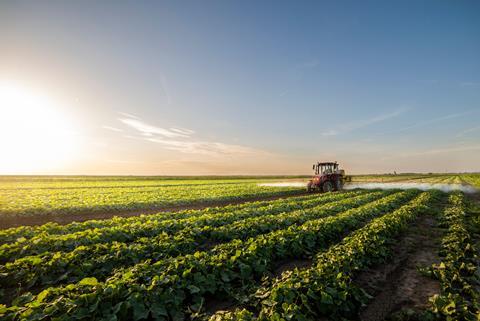Levy board has outlined how changes in inheritance tax, direct payments and the farming budget could impact the sector

The AHDB has stressed the importance of farming succession in its response to the autumn Budget last week.
According to the levy body, a significant number of family farms may be impacted by the Chancellor’s announcement, and it has outlined how changes in inheritance tax, direct payments and the farming budget could impact the agriculture industry.
The new labour budget is limiting 100 per cent of agricultural property relief (APR) and business property relief (BPR) to the first £1mn of value from April 2026. Any assets above that threshold will be taxed at 20 per cent, meaning the average farm with a £2.2mn holding value would be required to pay £240,000 inheritance tax, repayable over a period of 10 years.
Although the Chancellor announced that the farming budget would remain unchanged at £2.4 billion for the next financial year, analysis by AHDB shows that the real value of this money has been significantly reduced by inflation.
For example, farm business costs have risen by an average of 44 per cent since 2019. As a result, UK farmers are faced with growing uncertainty from economic, market and weather conditions.
AHDB believes they may be reluctant to increase borrowings and investments in a range of options from environmental schemes to farm equipment.
AHDB head of economics Sarah Baker said: “These changes may encourage farmers to think about succession earlier than they would otherwise. For example, there is a seven-year rule which applies in the case of land transfers. This means that any land gifted to an individual will be free of inheritance tax after seven years. Basically, the benefactor must live for seven years or more after gifting the land”.
AHDB economics and analysis director David Eudall added: “The other consequence of the Budget measures is that farm businesses will have to carefully consider operating and investment decisions, as these affect the value of the business and therefore have inheritance tax implications.”
He added that this is particularly concerning for AHDB as “if there is a knock-on impact on agricultural productivity,” it will “reduce our levy payers’ resilience to market shocks.”
Eudall concluded: “We are also conscious there may be unintended consequences on self-sufficiency and food security.”



